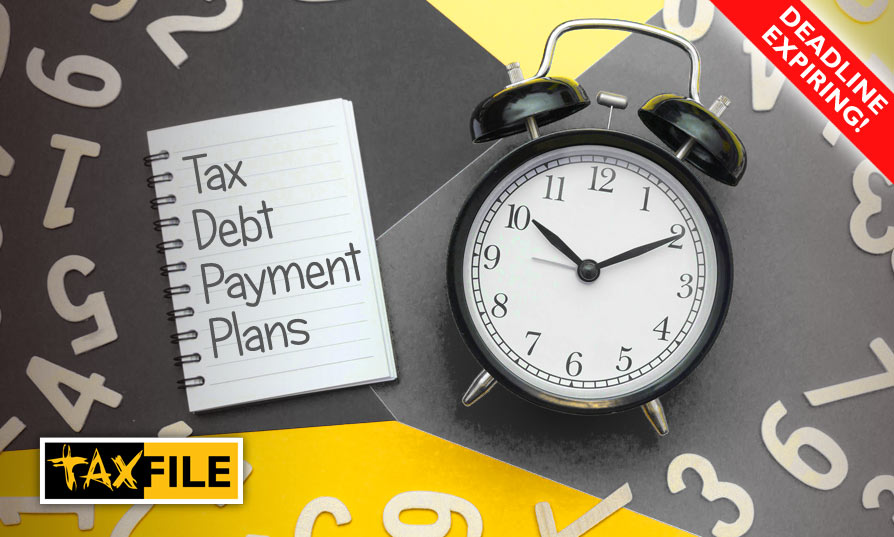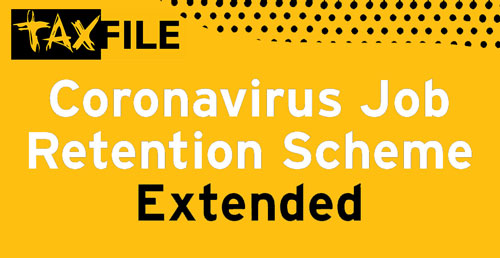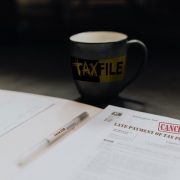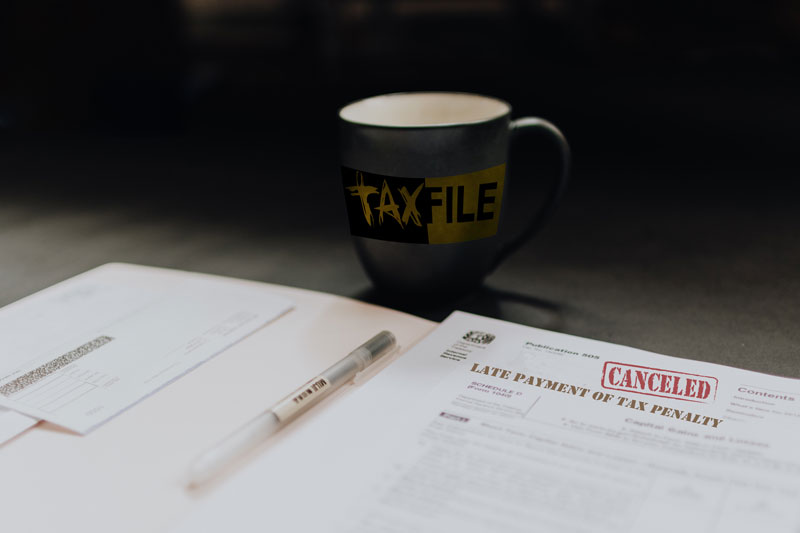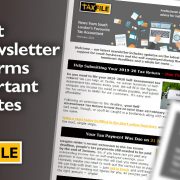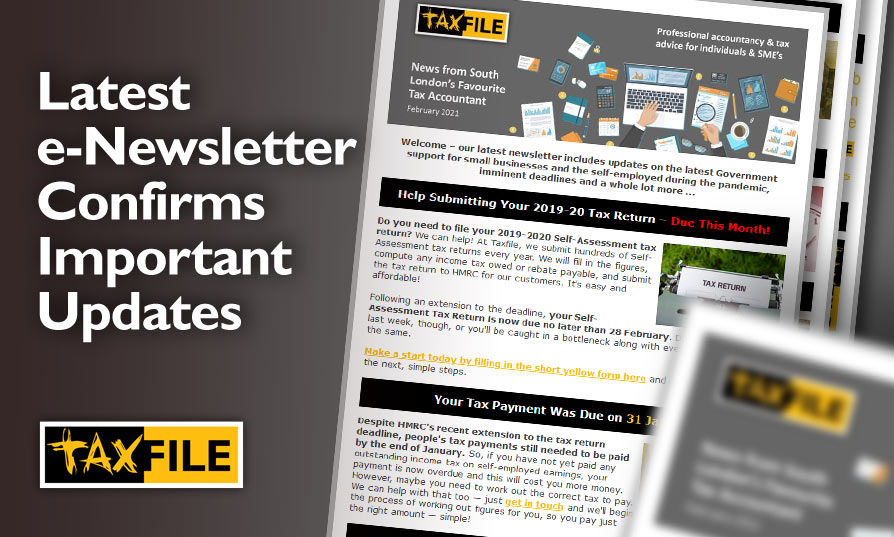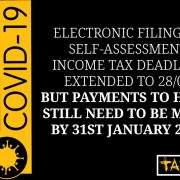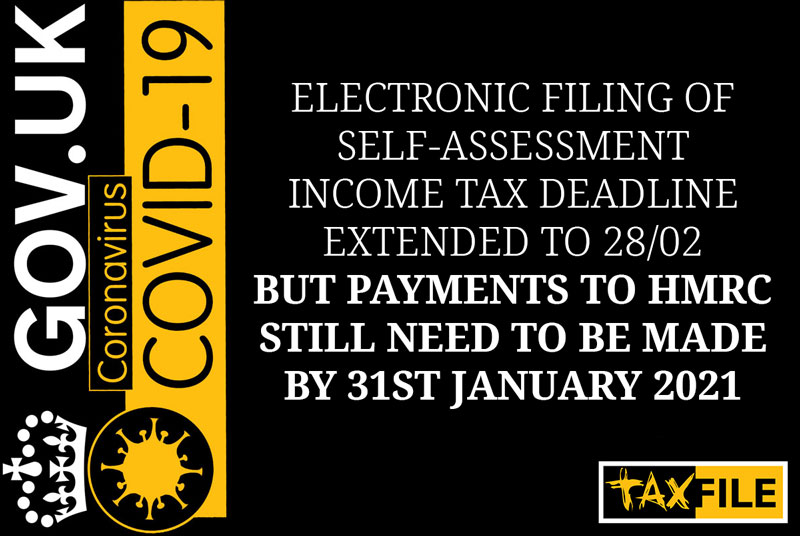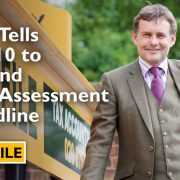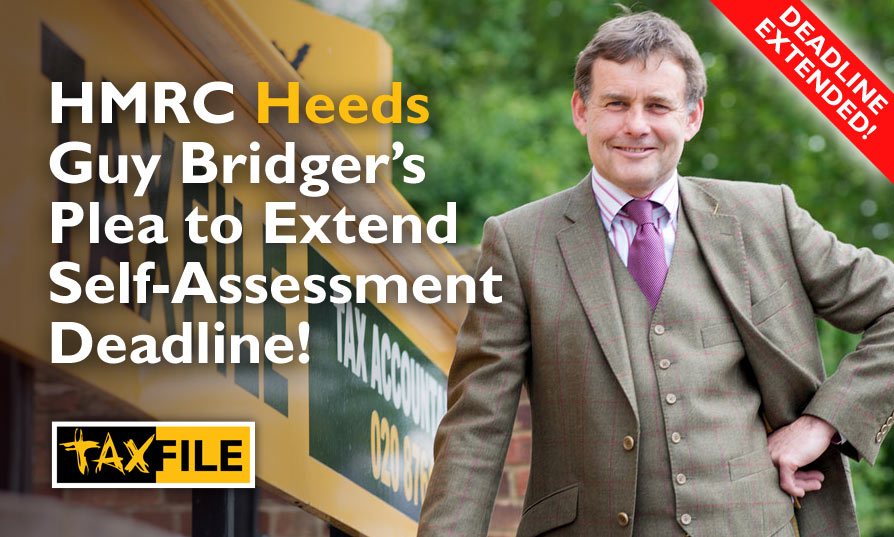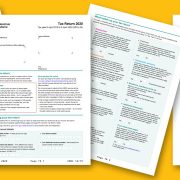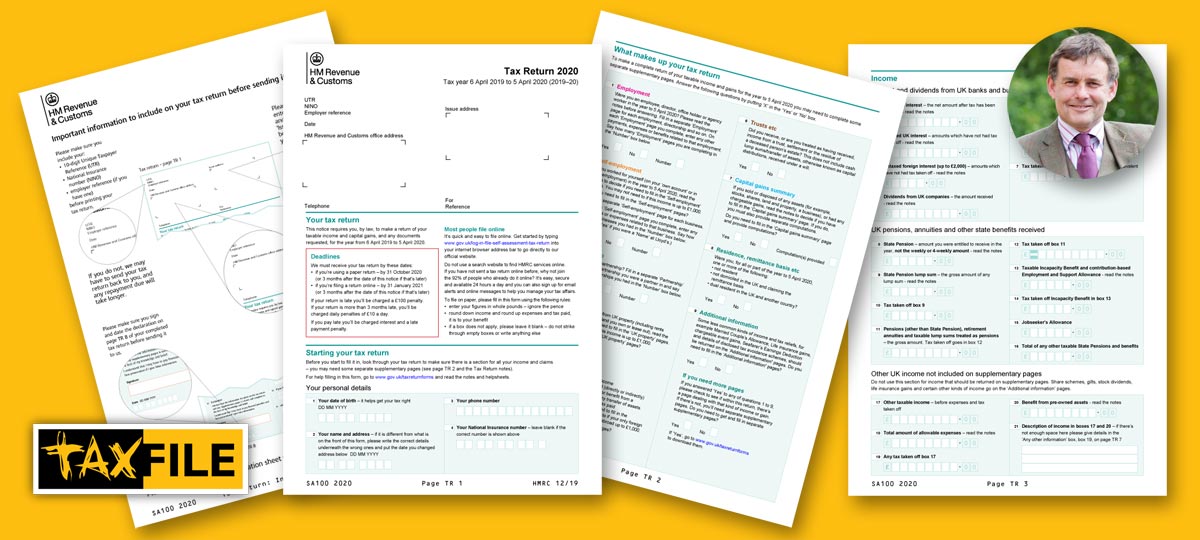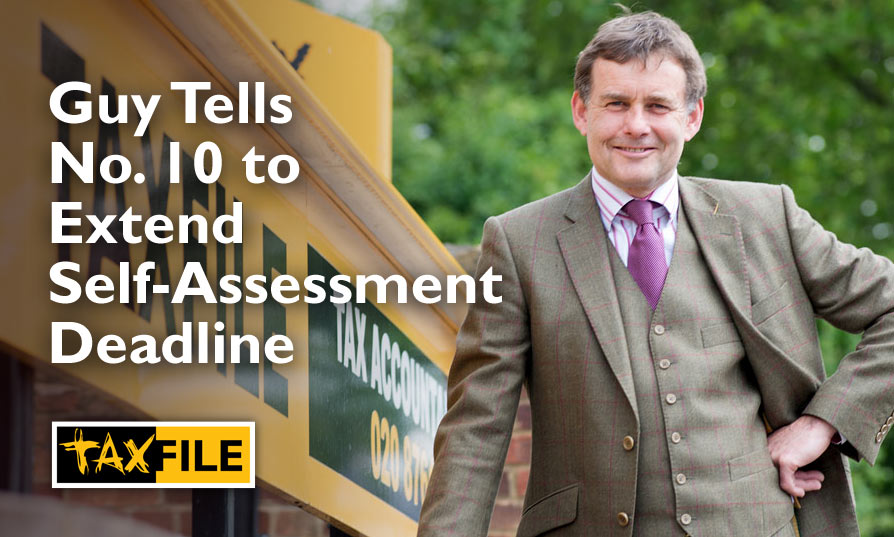Taxes & Cryptocurrency

According to HMRC, ‘cryptoassets’ are cryptographically secured digital representations of value or contractual rights that can be:
- transferred
- stored
- traded electronically
There are various types of cryptoassets including exchange tokens, utility tokens, and security tokens. HMRC does not consider cryptocurrency to be currency or money & their complete Cryptoassets Manual can be found HERE.
As far taxes are concerned, investing in cryptocurrency is akin to investing in other assets such as stocks, bonds, and the sale of rental properties. This means that capital gains and losses rules apply when you ‘dispose’ your assets, and in this case your cryptocurrency.
HMRC explains that disposals include:
- selling cryptocurrency for money
- exchanging cryptocurrency for a different type of cryptocurrency
- using cryptocurrency to pay for goods or services
- giving away cryptocurrency to another person
Any of the above situations subject any profits to Capital Gains Tax (CGT) and the simple formula for calculating capital gains (or losses) is:
Fair Market Value – Cost = Profit or Loss
The fair market value is the market price of the asset at the time that you sold, traded, or disposed of it. The cost is the price you paid at the time of the purchase.
Although this is a simple and logical calculation, calculating CGT on your profits becomes a bit more complex when you have multiple transactions to account for. The UK requires a specific type of method for calculating the cost basis of your coins known as Shared Pool Accounting also known as a 104 Pool.
With the shared pooled accounting method, you are essentially Read more



